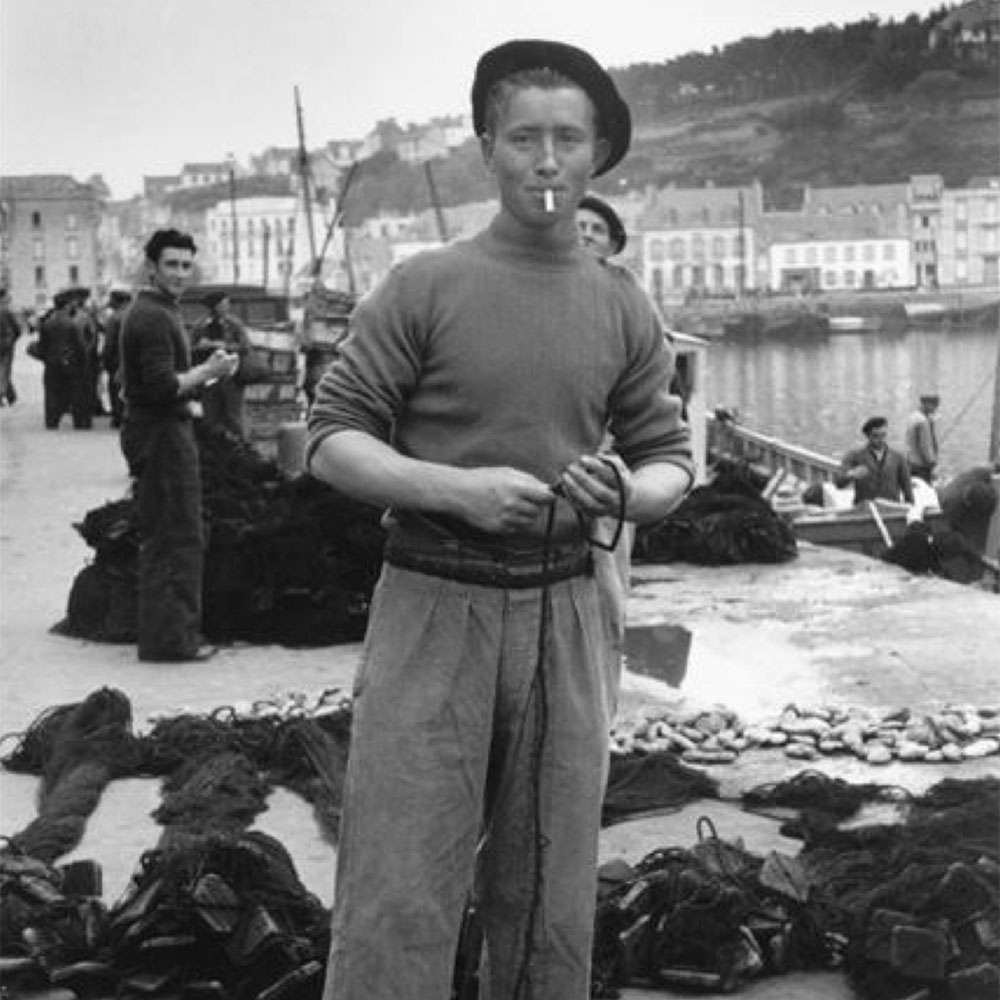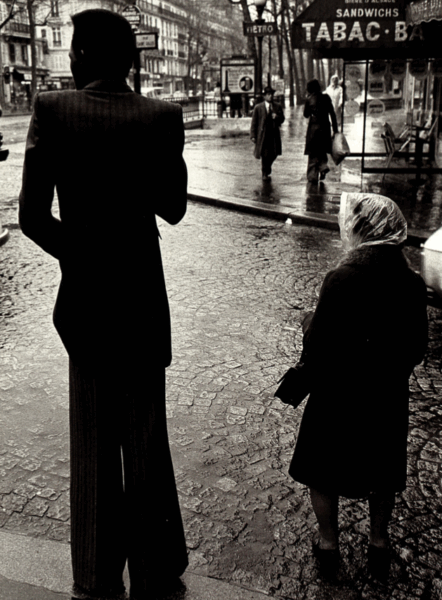The marine sweater is a local tradition.
Utility, it is originally knitted by the companions of Breton sailors. From the XVIII century onwards, manufacturing techniques allowed for a tighter, almost waterproofwhich by nature or by treatment is not permeable, cannot be More knit It aims to withstand wind, rain and storms. For the sailors of Cancale, Granville, and Saint-Malo, it quickly established itself as an armor.
From Brittany, the sea sweater gradually spreads to all of France and then to the whole world. Its usefulness and solidity make it a timeless and portable garment by all. The choice of woolcontinuous growth fiber of animal origin (alpaca, camel, Kas More is obvious, providing warmth and comfort. Two types are used: virgin wool, historical and rough, and merino wool, whose long, thin fibers create softness. These sweaters are knitted close to the body.
A button-down leg is on each sweater, making wearing easier. She’s not from Brittany, she’s from Scotland. Some knits are plain, others striped, the latter making it easier to save a man from the sea. This distinction also marks the hierarchy. Where sailors wear striped sweaters, officers prefer uni.
The navy sweater is one of those clothes that are both cult and solid.

GAINSBOURG. Serge, BIRKIN, Jane. Normandy, France. 1971.

COLOMB, Denise, phot. Young sailor. Finistère, France. 1950.

TABARLY, Eric. aboard the Pen Duick VI. 1976.
- The Canadian Tuxedo
- The Car Coat « Weekend style with quiet confidence—the car coat speaks without spectacle. »
- A HISTORY OF MEN’S FASHION« Chenoune shows how menswear shifts between fashion and function, individuality and universality—a history that never ends. »
- COTTON« Soft, but with weight. Relaxed, but never shapeless. It carries memory in its creases. »



